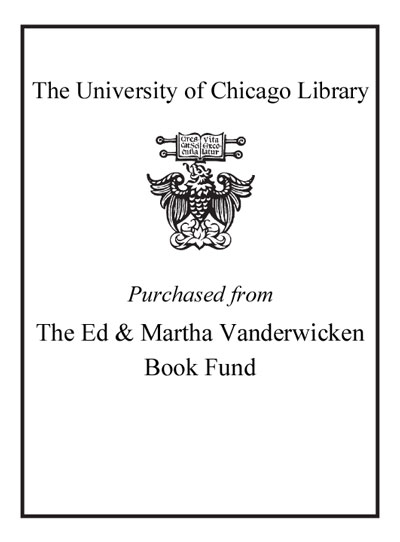Review by Choice Review
Vine (Univ. of Stirling, UK) devotes this volume to explaining what today would be termed "data management plans" of early modern authors of miscellany volumes. Vine looks at the note-taking and record-keeping practices early modern literary, scientific, political, religious, philosophical, and history writers developed to make their research and observations useful for creating new knowledge. Looking at both the materiality of the works and their contents, the author explains that many scholars set up commonplace books for themselves, but used them not for orderly topical notes but rather for random notes. Vine presents the various kinds of narrative and financial records developed and used in business, and he observes that scholars in other fields adopted some of the same methods. He devotes a chapter each to the miscellanies of Sir Hugh Plat and Sir Francis Bacon. In the coda he provides a fine summary of his conclusions. Scholars have long thought miscellany volumes of this era were characterized by absence of order, but Vine reveals this is not so. Though its detail is a bit overwhelming (footnotes are copious), the book reads well; book history scholars and rare book librarians will learn a great deal from this volume. Summing Up: Recommended. Graduate students, researchers, faculty, professionals. --Agnes Haigh Widder, Michigan State University
Copyright American Library Association, used with permission.
Review by Choice Review

